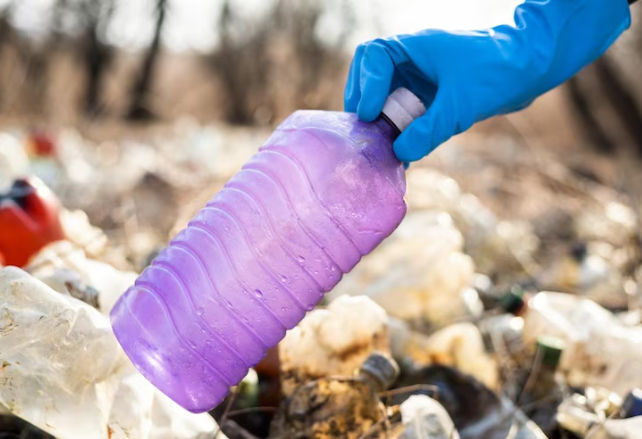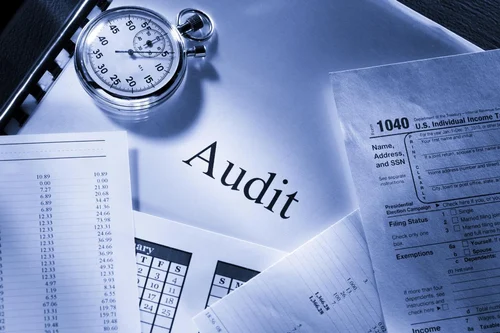It is well known that drinking from plastic water bottles is not a good idea. Even though several ecologically friendly solutions are available, we often reach for a disposable plastic water bottle when thirsty. It does happen! And if you do that, you may believe you can negate some of the harm by reusing the bottle several times, thereby saving both the Earth and your money. Should you, however, maintain one for more than a few days? If you do this, you should know how long you’ll be able to reuse that plastic water bottle.
Different brands and containers of plastic bottled water are created from different materials. By examining the triangular recycling code imprinted on the bottle, you can tell what plastic a product is made of, which may also help you establish if the bottle is recyclable by your local program (EPA).
Types of plastics used in water bottles
Most water bottle packaging will have a number printed inside a triangle to indicate the kind of plastic. This number can also help you assess whether it is safe to reuse. The following are three of the most prevalent polymers found in water bottles.
Chemical leaching is a major worry when recycling water bottles in a bottle recycling depot in Calgary or your area. This is when the chemicals in the plastic react with the liquid you put inside. However, with proper storage and plastic, this is usually fine with single-use plastic bottles.
1. Polyethylene terephthalate (PETE or PET):
If your bottle has a “1,”. It contains polyethylene terephthalate. This light plastic is suitable for water bottles and containers such as sauce bottles, nut butter containers, and another food packaging.
The FDA has approved PET polymers for single and recurrent usage. However, when these polymers are stored at exceptionally high temperatures, a chemical known as antimony leaching occurs. Nonetheless, chemical leaching concerns are minor when PET bottles are stored properly. To reduce the possibility of leaching, store these bottles at room temperature and away from direct sunlight.
2. High-density polyethylene (HDPE)
If your bottle has a “2,” it is made of high-density polyethylene (HDPE). HDPE is a more robust and long-lasting plastic. As a result, it is an excellent material for detergent bottles, soap bottles, and gallon-size liquid containers.
If you come across a water bottle with a “2,” you can reuse it as long as it has been well-cleansed and is not cracked or otherwise damaged. This material has less risk of chemical leaching.
3. Others
“7” is the ID code for plastic materials that do not fall into other categories. Bisphenol A, often known as BPA, may be present in water bottles in this category. BPA is a chemical that has been linked to endocrine system abnormalities, which are in charge of regulating your hormones. Many individuals avoid BPA-containing items due to their possible influence on hormonal balance.
Not all “7” plastics contain BPA, but some do. This category includes polycarbonate bottles. According to one study, participants who drank from polycarbonate bottles for one week had a considerable rise in BPA in their urine. Some bottles in this category may contain BPA. If you wish to avoid this, avoid polycarbonate bottles and BPA-containing plastics.
Replacements for plastic bottles
If you must reuse a plastic water bottle, make sure to clean it first thoroughly. Because most plastic water bottles are difficult to clean, it might be difficult. However, if you must reuse one, take advantage of this step. Whether you wish to reuse plastic water bottles for convenience or to aid the environment, a reusable stainless-steel or glass bottle may be a superior option. They’re simple to clean after each use, and there’s no risk of bacterial overgrowth or chemicals seeping into your water. Furthermore, they are significantly better for the environment.
Conclusion
We must be considerably more cautious. Reusing a bottle during a pandemic is a horse of different hues, and I would not change to keeping a bottle around for a few days [because of the danger of infection]. Still, send your disposable bottles to a bottle recycling depot in Calgary using bottle pick-up in Calgary or your area. Check the bottle depot hours in Calgary or your site before going to a recycling depot. Aside from the health implications, reusing plastic water bottles can generate possibly unnecessary trash. What’s your best bet? To sip securely and responsibly, invest in a reusable bottle.





